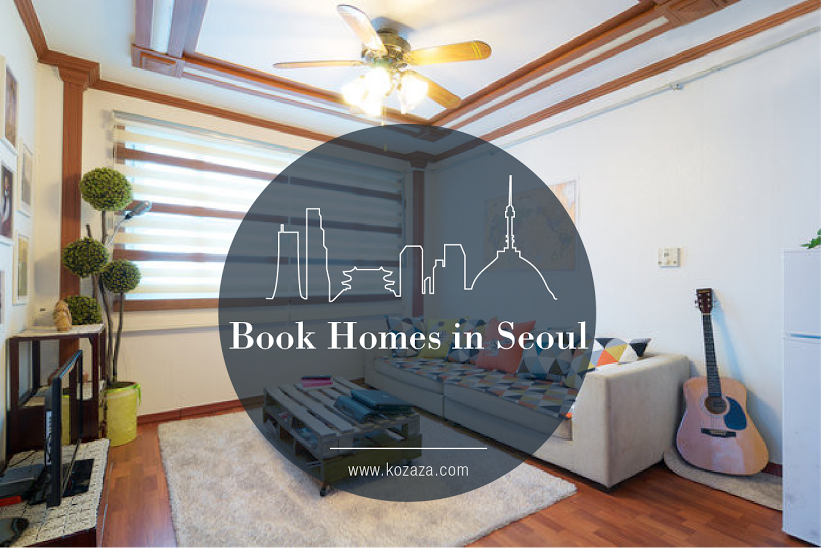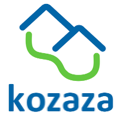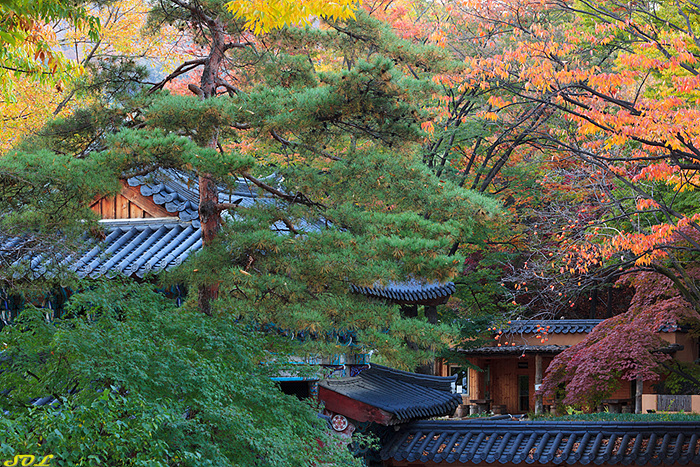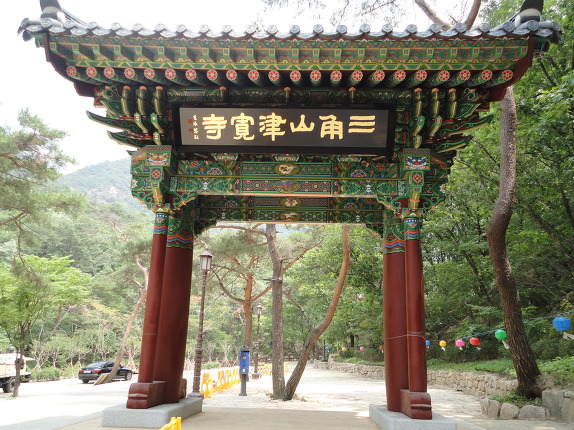
Book Homes to Stay in Seoul: House, Apartment, Studio, Homestay, Guesthouse, Hanokstay, and Templestay
We serve you locally and econommically in Seoul.
Kozaza, a home sharing service in Seoul, can help you to find a unique accommodation for you different from Hotels. Focused on and located in Seoul, kozaza can provide you with great places in lower cost.
Try to find your space at http://kozaza.com














 Basic Program
Basic Program
 Recuperation Program
Recuperation Program
 Aceticism Program
Aceticism Program
 Culture Experiential Program
Culture Experiential Program





